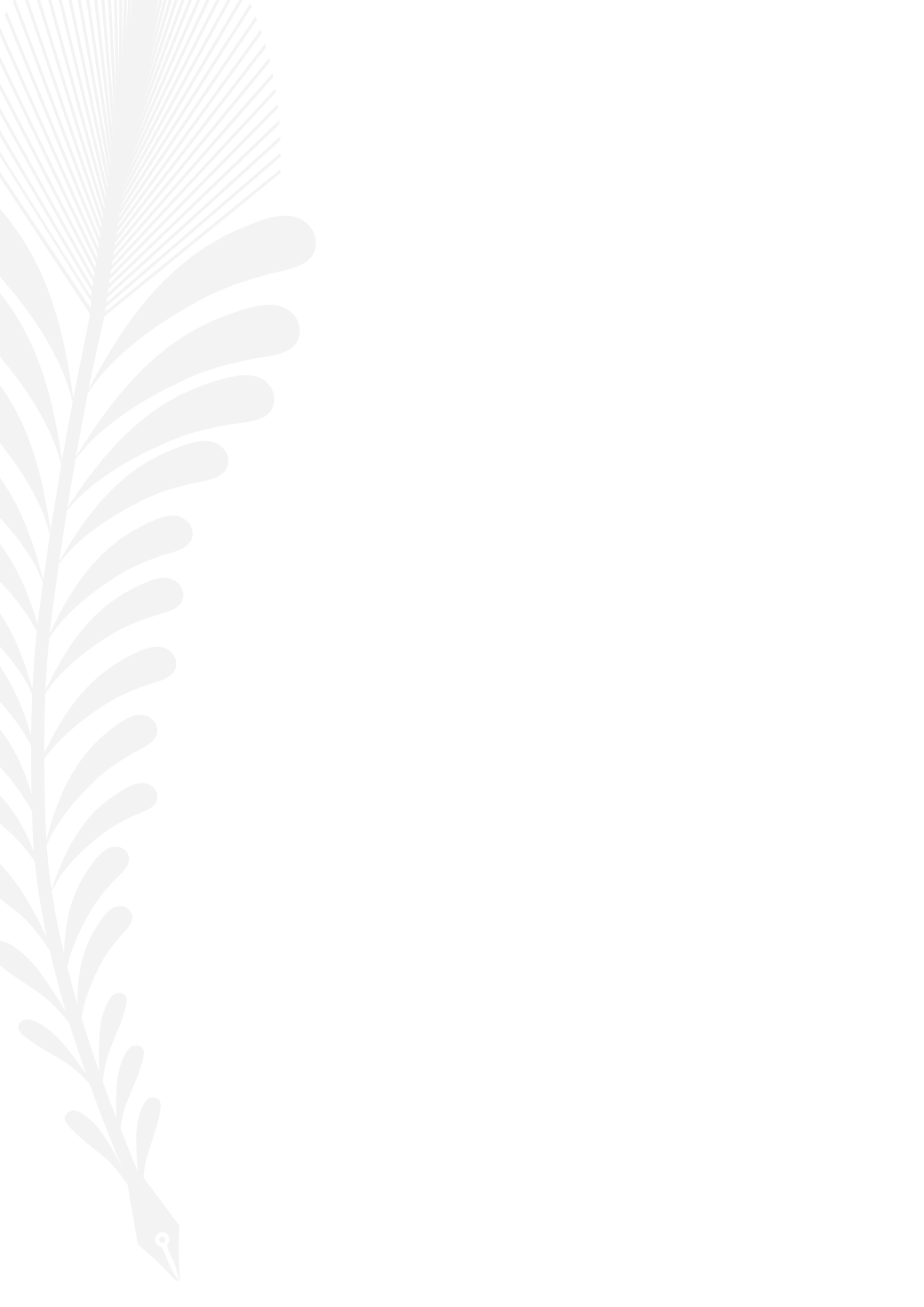
New Tales of the Gobi Desert
St. Margaret’s Co-Educational English Secondary and Primary School: Secondary Section
Secondary, Delia Von Pflug, Fiction: Group 4
L
ike it did to many of the other families, the terrible winter hit us hard. At first, it was
only the cold that we had to bear. Then, it got harder to find livestock to eat. We couldn’t
eat from our herd of cows, yaks sheep or goats, otherwise we wouldn’t have any left
to sell when the season changes. But eventually most of them succumbed to the cold
anyway. Having little food to eat did not affect me much, as I was already 16 years of age and
was strong from all the manual labor I had to do and the food I received before. The little ones
weren’t the same though. Bat and Batukhan were still frail little children that needed all they
could get, they didn’t survive the cold. I think that’s what caused Eej and Aav the most pain.
As parents they felt as if they had failed, they should’ve made them their first priorities. They
didn’t doubt for a second that Bat and Batukhan were strong kids, their names already showed
their strength. I realize now that may be the reason I’m here now, in the “modern” world, sitting
in a little shop called a cafe and doing “normal” things that the people here do. It was a miracle
that Munuu had survived. Having me, the eldest son venture to the urban place in search of
subsistence and necessities meant a bigger chance that my family’s nomadic way of life could be
sustained and Munuu would not suffer again.
The milk here is different.. It’s smoother after going through the factories and all that, I
guess. My new friends always find it weird that I drink milk all the time. But to us, milk is the
equivalent of water. Milk is the biggest part of our lives. We drink milk of course but we consume
it in lots of ways: hot, fermented, dried and even churned. Milk was also used to make our
yoghurt and cheese. Which, needless to say, also tastes quite different here.
I remember clearly, of an afternoon I spent with Eej, being taught how to milk a cow. It was
summer and we had our Ger, the traditional tents that nomads live in, set up in the vast plains
of the Gobi Desert. The skies were clear and bright and the atmosphere peaceful. Children from
the other families were playing together, using the sand to make sculptures while the animals
roamed in the distance searching for what little green blades of grass they wished to discover.
I was 8 and Eej decided it was time for me to learn the tradition of milking cows! It was not
as arduous as I thought it would be, Eej calmly answered all the questions my eight year-old
self bombarded her with. She was very patient but when we got to the cow, she wasted no time
in teaching me the method step-by-step. She placed her arms around me and interlocked our
fingers. Then grabbed the top of the teat and pinched it shut between our fingers and thumbs. She
explained to me that this traps the milk in the lower part of the teat. Then we squeezed the lower
parts with our available fingers and squirted the milk out through the hole in the tip of the teat.
After her demonstration, I spent the rest of the day practicing and playfully squirting milk on
my mother who played along with me. I knew my mother had never gone to school and nothing
of the sort but seemed so wonderfully intelligent. Aav was having a chat with the men from the
other families, talking about grown-up things and the weather and how many foreigners they
reckon will come by this year. I looked upon the vast plains and my view stretched far. I could see
kilometers and kilometers ahead, nothing blocked my view. Looking into my Ger was the same,
no matter where I stood and from which corner I glanced, I could see all the parts of the Ger. The


